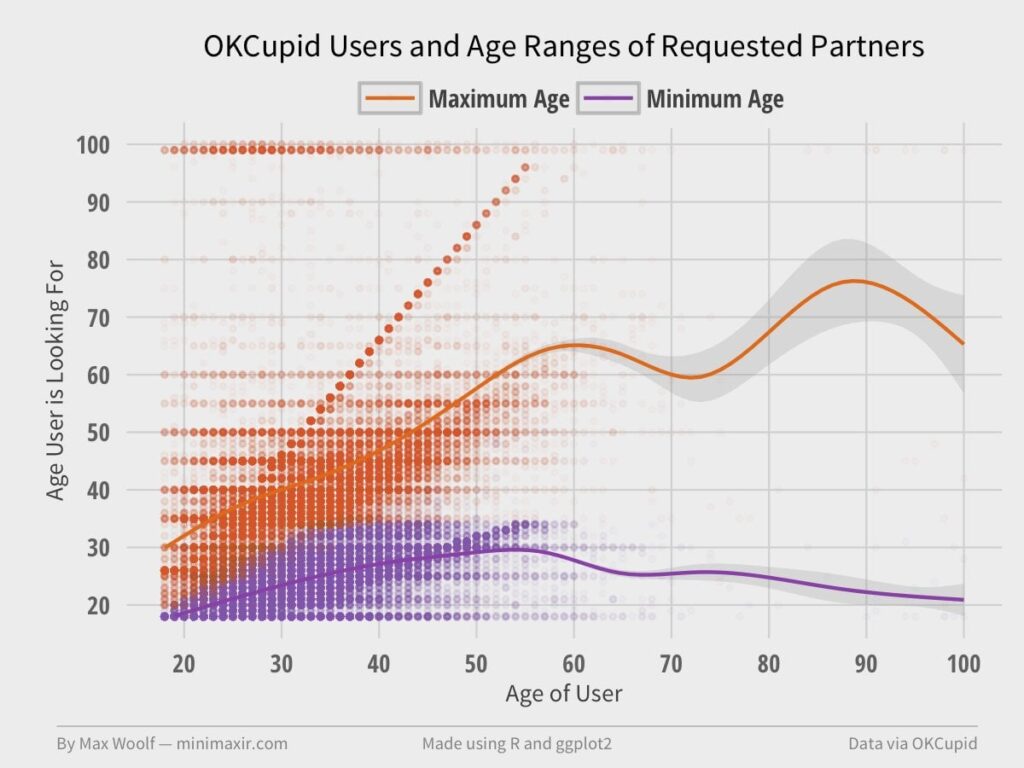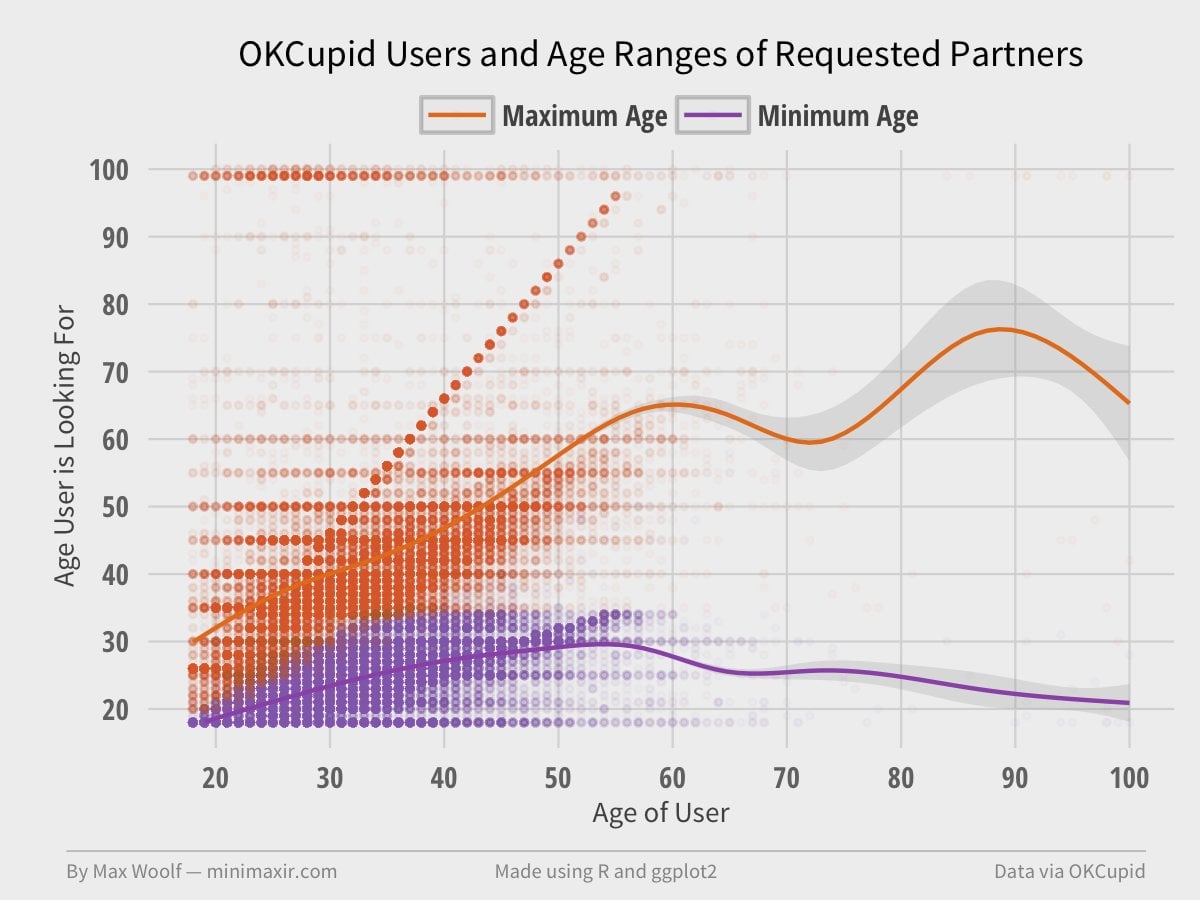
What Age is Right for Dating: Navigating the Complexities of Adolescent Relationships
The question of what age is right for dating is a complex one, fraught with varying opinions, cultural norms, and individual maturity levels. There isn’t a universally accepted answer, as the ideal age for starting to date depends on a multitude of factors. This article will explore these factors, providing insights into the considerations that should be taken into account when determining what age is right for dating for a young person.
Understanding the Landscape of Adolescent Dating
Adolescent dating differs significantly from adult relationships. It’s often more about social exploration, learning about oneself, and developing social skills than finding a long-term partner. Understanding this fundamental difference is crucial when discussing what age is right for dating.
The Role of Maturity
Maturity, both emotional and cognitive, plays a significant role. A 14-year-old who is mature and responsible might be better equipped to handle the complexities of dating than a 16-year-old who is not. Assessing maturity involves considering factors such as responsibility, communication skills, empathy, and the ability to handle conflict constructively.
Parental Guidance and Involvement
Parental involvement is crucial, especially when teenagers are first exploring the world of dating. Open communication, setting boundaries, and providing guidance can help teenagers navigate the challenges and potential pitfalls of early relationships. Parents can help teens understand what age is right for dating in the context of their family values and beliefs.
Factors Influencing the “Right” Age
Several factors contribute to determining what age is right for dating. These factors vary from individual circumstances to cultural influences.
Cultural and Societal Norms
Cultural norms significantly influence expectations around dating. In some cultures, dating at a younger age is more common and accepted, while in others, it’s considered inappropriate until later adolescence or even early adulthood. It’s important to be aware of these norms, but also to prioritize individual needs and values. The perception of what age is right for dating can drastically change depending on geographic location and cultural background.
Individual Development and Readiness
Each individual develops at their own pace. Some teenagers are emotionally and socially ready for dating earlier than others. It’s essential to consider a teenager’s individual development and readiness before allowing them to date. This includes their ability to handle rejection, communicate effectively, and make responsible decisions. Asking “what age is right for dating?” must be coupled with the question “is this individual ready?”.
Peer Influence and Social Pressure
Peer influence can be a powerful motivator for teenagers to start dating, even if they’re not entirely ready. Social pressure to conform to what their friends are doing can lead to teenagers dating before they’re emotionally prepared. It’s important for parents to help their children understand the difference between genuine interest and succumbing to peer pressure. The question of what age is right for dating should not be dictated by peer pressure.
School Environment and Activities
The school environment and extracurricular activities can also play a role. Schools with a strong emphasis on academics and extracurricular involvement may provide opportunities for social interaction and relationship development without the pressure of formal dating. Conversely, schools with a more relaxed social atmosphere may encourage earlier dating experiences. Consider how these factors influence what age is right for dating in a specific environment.
Potential Benefits and Risks of Early Dating
Early dating experiences can offer both potential benefits and risks. Understanding these potential outcomes is crucial for parents and teenagers alike when considering what age is right for dating.
Potential Benefits
- Social Skill Development: Dating can provide opportunities to develop important social skills such as communication, empathy, and conflict resolution.
- Self-Discovery: Dating can help teenagers learn more about themselves, their preferences, and their values.
- Relationship Experience: Early dating experiences can provide valuable lessons about relationships, boundaries, and healthy communication.
Potential Risks
- Emotional Distress: Rejection, heartbreak, and other relationship challenges can cause emotional distress, especially for younger teenagers.
- Peer Pressure: Pressure to engage in sexual activity or other risky behaviors can be a concern.
- Distraction from Academics: Dating can become a distraction from schoolwork and other important activities.
- Unhealthy Relationships: Early dating experiences can sometimes lead to unhealthy or even abusive relationships.
Guidelines for Parents
Parents play a vital role in guiding their teenagers through the complexities of dating. Here are some guidelines for parents to consider:
Open Communication
Establish open and honest communication with your teenager about dating, relationships, and sexuality. Create a safe space where they feel comfortable coming to you with questions and concerns. Discussing what age is right for dating openly can help set expectations and boundaries.
Setting Boundaries and Expectations
Set clear boundaries and expectations regarding dating behavior, curfews, and online safety. Communicate these expectations clearly and consistently. Ensure your child understands your reasoning behind these rules. It is crucial to define boundaries surrounding what age is right for dating.
Monitoring and Supervision
Monitor your teenager’s dating activities and provide appropriate supervision. This doesn’t mean being overly intrusive, but rather staying informed about who they are dating, where they are going, and what they are doing. Parental supervision is key when considering what age is right for dating.
Teaching Healthy Relationship Skills
Teach your teenager about healthy relationship skills, such as communication, respect, consent, and conflict resolution. Help them understand the importance of setting boundaries and recognizing red flags. These skills are essential, regardless of what age is right for dating.
Promoting Self-Esteem and Confidence
Promote your teenager’s self-esteem and confidence. Encourage them to develop their own interests and pursue their passions. A strong sense of self-worth can help them make healthy choices and avoid unhealthy relationships. Self-esteem plays a vital role in determining what age is right for dating.
Alternative Perspectives and Considerations
There are alternative perspectives and considerations that should be taken into account when discussing what age is right for dating.
Focusing on Friendships and Social Activities
Instead of focusing solely on romantic relationships, encourage your teenager to build strong friendships and participate in social activities. These experiences can provide valuable social skills and support without the pressure of dating. This can be a good alternative while determining what age is right for dating.
Delaying Dating Until Later Adolescence
Some parents choose to delay dating until later adolescence, allowing their teenagers to focus on academics, extracurricular activities, and personal development. This can be a valid option for teenagers who are not yet ready for the complexities of dating. This approach directly addresses what age is right for dating, suggesting a later timeframe.
Online Dating and Social Media
The rise of online dating and social media has added a new dimension to adolescent relationships. It’s important to educate teenagers about online safety, cyberbullying, and the potential risks of interacting with strangers online. These considerations are crucial when assessing what age is right for dating in the digital age. [See also: Teen Dating Violence Statistics].
Conclusion: A Personalized Decision
Ultimately, determining what age is right for dating is a personalized decision that should be based on a variety of factors, including maturity, individual development, cultural norms, and parental guidance. There is no one-size-fits-all answer. Open communication, clear boundaries, and a focus on healthy relationship skills are essential for helping teenagers navigate the complexities of dating, whenever they choose to begin. The key takeaway is that what age is right for dating is less important than ensuring the individual is prepared for the responsibilities and potential challenges that come with it.

